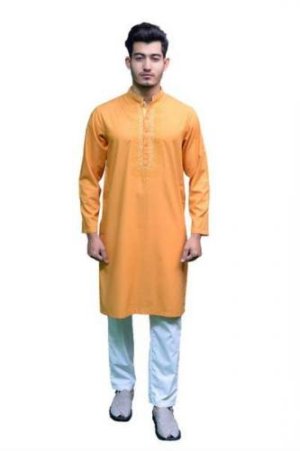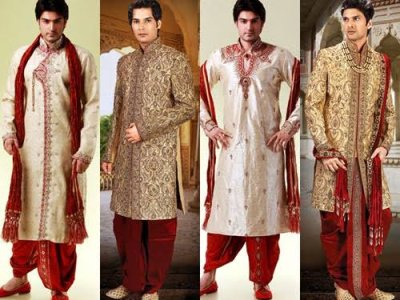It appears that the 4 family members of Pakistan origin who were deliberately run over by a terrorist in London, Ontario, Canada were wearing shalwar kameez during their walk. This is how the killer identified them as Muslims.
So is it recommended not to wear shalwar kameez to avoid becoming a target and be potentially attacked or even killed if you live or travel outside Pakistan?
The bottom line is, one should use their own common sense to cautiously and wisely take their decisions that better suits your environment.
Personally, I am NOT a great fan of wearing Shalwar Qameez in the open and general public in non-Muslim countries that have a possibility of having such hostile element towards Muslims.
And nothing against wearing Shalwar Qameez. I absolutely love it.
Soon as I come home, the first thing I do is to change clothes and get into my Shalwar Qameez. It's the most comfortable dress in the entire universe.
However, there is some indication in Quran where God says I sent angels to a certain nation and they were made to look like the local people. Which probably means, when you are in a foreign country, then within Islamic etiquettes, live and look like them, and this includes how do you dress up.
Many at times, I have seen desis wearing long arabic robes walking on the sidewalks here in the midwest, and passing by vehicles honk the horn at them, sometimes some demeaning slurs could be shouted from those vehicles.
And my question to these desi and arab guys is .... whats the freaking point of your wearing this robe and long beard and naked ankles, and making yourself stand out, while you are in the general public of American people?
You are freaking here in their country so have some courtesy.
On the contrary, how would you feel if Americans or Westerners visit YOUR home countries and make bikni clad women and free alcohol to been seen everywhere?
I would personally avoid making myself sing out, and stand out from the general public out in the open.
I also know that for many adult age desi women avoid wearing pants in the public so I understand that. Each to it's own. Nothing against it.
Rest can take their own decisions and I have no issue with it.














